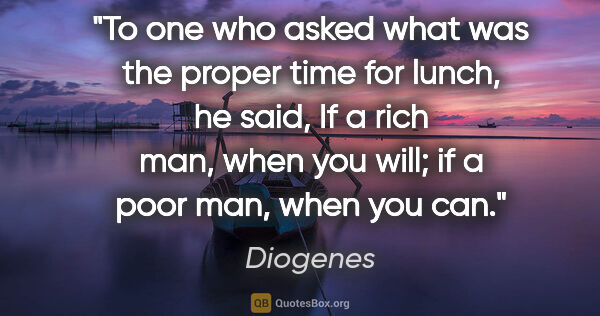Mans Quotes (page 99)
You need not fear me, for I not only should think it wrong to marry a man that was deficient in sense or in principle, but I should never be tempted to do it; for I could not like him, if he were ever so handsome, and ever so charming, in other respects; I should hate him—despise him—pity him—anything but love him. My affections not only ought to be founded on approbation, but they will and must be so: for, without approving, I cannot love. It is needless to say, I ought to be able to...
Anne Bronte
But then if you lied to a man about his talent just because he was sitting across from you, that was the most unforgivable lie of them all, because that was telling him to go on, to continue which was the worst way for a man without real talent to waste his life, finally. But many people did just that, friends and relatives mostly.
Charles Bukowski

Nothing in Man is either worse or better for being shared with the beasts. When we blame a man for being "a mere animal", we mean not that he displays animal characteristics (we all do) but that he displays these, and only these, on occasions where the specifically human was demanded. (When we call him "brutal" we usually mean that he commits cruelties impossible to most real
brutes; they’re not clever enough).
C. S. Lewis
Interdependence is and ought to be as much the ideal of man as self-sufficiency. Man is a social being. Without interrelation with society he cannot realize his oneness with the universe or suppress his egotism. His social interdependence enables him to test his faith and to prove himself on the touchstone of reality.
Mahatma Gandhi
It is true that a man (a silly man) might make change itself his object or ideal. But as an ideal, change itself becomes unchangeable. If the change-worshipper wishes to estimate his own progress, he must be sternly loyal to the ideal of change; he must not begin to flirt gaily with the ideal of monotony. Progress itself cannot progress
Gilbert K. Chesterton
Ogbuef Ezedudu, who was the oldest man in the village, was telling two other men when they came to visit him that the punishment for breaking the Peace of Ani had become very mild in their clan. "It has not always been so," he said. "My father told me that he had been told that in the past a man who broke the peace was dragged on the ground through the village until he died. but after a while this custom was stopped because it spoiled the peace which it was meant to preserve.
Chinua Achebe

